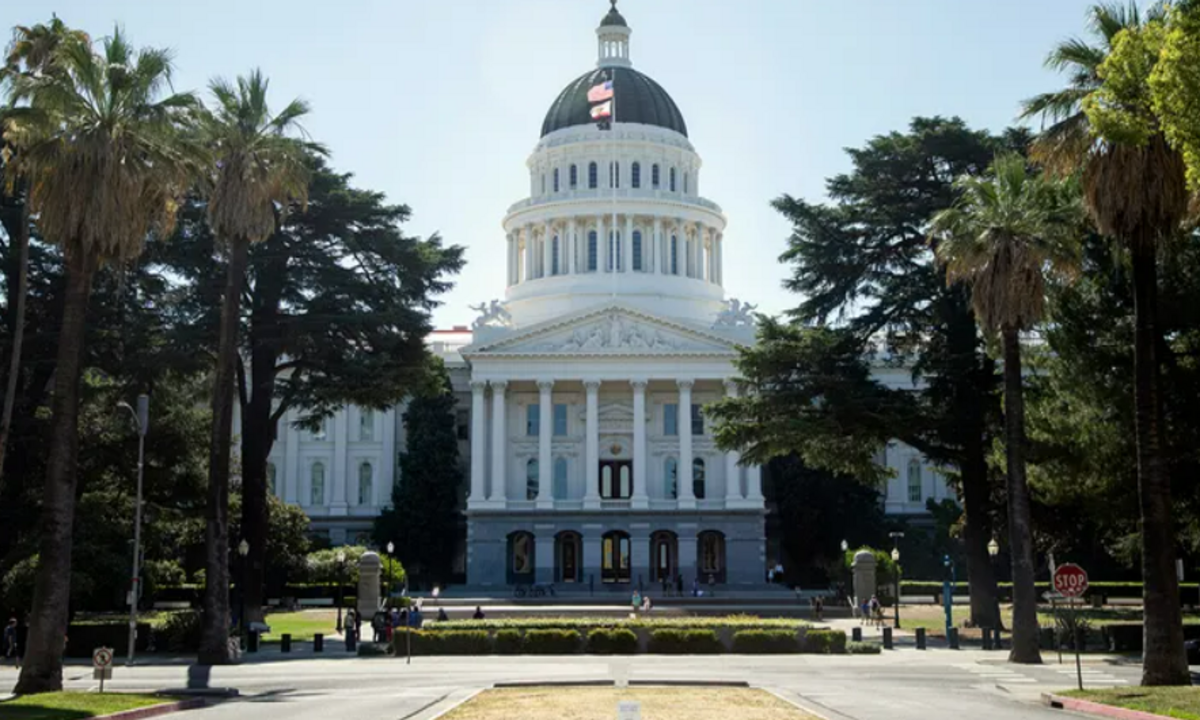California is facing scrutiny over its $9.5 billion annual expenditure on healthcare for undocumented immigrants.
The updated figure, released by the California Department of Finance, reveals that the cost is significantly higher than previous estimates, raising concerns about state spending, budget deficits, and taxpayer burden.
Supporters of the program argue that healthcare access for all residents promotes public health, while critics believe that the high costs add pressure to California’s already struggling economy.
As California grapples with a $30 billion budget deficit, the rising cost of Medi-Cal coverage for undocumented individuals has become a key issue in the state’s financial debates.
What Is California Spending on Undocumented Immigrants’ Healthcare?
The Department of Finance budget report shows that California is spending $9.5 billion this year on healthcare for undocumented residents through Medi-Cal, the state’s publicly funded health insurance program.
The breakdown includes:
$8.4 billion from the state’s general fund
$1.1 billion from federal and other sources
Originally, the projected cost was $6 billion, but a revision in the governor’s budget estimates increased the figure by over 50%.
A new law that took effect in January 2024 ensures that immigration status does not affect eligibility for state-funded healthcare. This policy expands coverage to undocumented residents of all ages, increasing the program’s total costs.
Why Is This Causing Controversy?
The updated budget figures have sparked concerns among lawmakers about whether California can afford this level of spending, especially while facing a major budget shortfall.
Critics argue that:
California should prioritize citizens and legal residents before funding healthcare for undocumented immigrants.
Emergency rooms are overcrowded, hospitals are struggling financially, and working Californians are finding it harder to get medical care.
Spending nearly $10 billion on undocumented residents is irresponsible, given the state’s ongoing financial problems.
Republican Assemblyman Carl DeMaio stated that reducing these costs could help solve some of the state’s budget woes and prevent the government from dipping into the rainy day fund.
“California’s budget is $30 billion in the red, yet we are spending $9.5 billion on healthcare for undocumented immigrants while hospitals struggle to stay open,” DeMaio said.
James Gallagher, the Assembly Minority Leader, echoed these concerns, saying:
“Instead of making responsible budget choices, California is doubling down on reckless spending. Leaders are raiding the emergency fund to keep up with these costs.”
Supporters Say It’s an Investment in Public Health
Despite the backlash, Democratic lawmakers and healthcare advocates defend the spending, arguing that:
Access to healthcare benefits everyone, regardless of immigration status.
Undocumented immigrants contribute to the economy, paying billions in state and local taxes.
Preventative healthcare reduces the burden on emergency rooms, which are legally required to treat all patients.
In 2022, undocumented Californians paid nearly $8.5 billion in state and local taxes, contributing to essential services.
Supporters say denying healthcare to a segment of the population increases public health risks and results in higher costs in the long run.
Assemblywoman Pilar Schiavo stated:
“Healthcare costs are one of the biggest expenses in our state budget, and we must ensure everyone has access while finding ways to manage spending.”
How Does This Impact the State’s Budget?
California’s budget crisis has forced lawmakers to make difficult financial decisions, including:
Cutting state programs to reduce spending
Using emergency funds to cover shortfalls
Delaying infrastructure projects to save money
Opponents argue that eliminating healthcare funding for undocumented immigrants could help balance the budget without raising taxes or cutting other services.
However, healthcare advocates warn that cutting coverage could lead to more costly emergency room visits, which taxpayers would still end up paying for.
What’s Next?
The debate over healthcare for undocumented immigrants is likely to continue as California lawmakers discuss ways to fix the budget deficit.
Possible solutions include:
Scaling back Medi-Cal coverage to limit eligibility
Increasing taxes to cover growing costs
Finding alternative funding sources to reduce reliance on the state budget
With growing concerns about financial sustainability, state officials will need to decide whether to continue funding healthcare for all residents or make cuts to balance the budget.
Final Thoughts
California’s $9.5 billion healthcare spending on undocumented immigrants has become a highly divisive issue.
While supporters argue it promotes public health and economic stability, critics believe it worsens the state’s financial problems.
As California struggles with a budget crisis, the future of this policy remains uncertain. The coming months will determine whether lawmakers adjust spending or continue supporting expanded healthcare coverage.
Disclaimer—Our team has checked this article to ensure its accuracy and eliminate any misinformation. We are committed to providing clear and reliable information for our readers.


